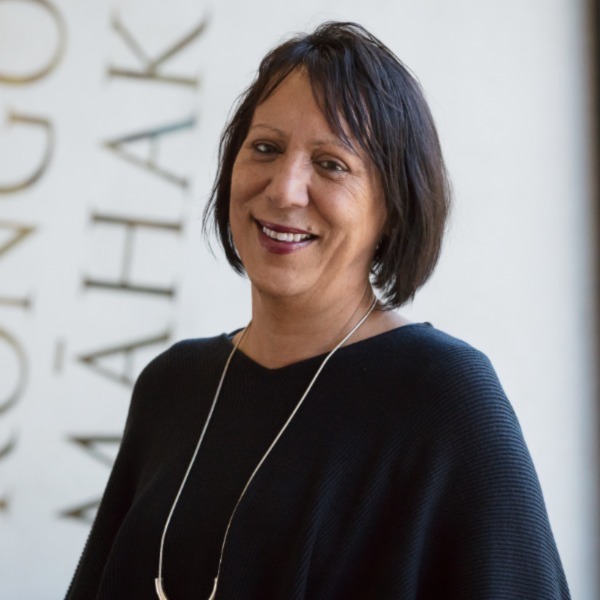Photo credit: Pitt Rivers Museum, University of Oxford
The Atlantic Institute in partnership with the Rhodes Trust was proud to co-host the recent Mākereti Papakura Inaugural Lecture at the Oxford University Museum of Natural History.
Mākereti, a Māori woman, is believed to be the first Indigenous woman to have matriculated at the University. She enrolled in 1922 to read for a Diploma of Anthropology and was later admitted to study for a Bachelor of Science degree in Anthropology. Mākereti completed a draft dissertation but died shortly before her Viva examination. Her academic manuscript was posthumously published by her mentor and friend, American Rhodes Scholar, TK Penniman, eight years later in 1938.
Mākereti’s uniquely centred Māori ways of knowing, and consultative approaches with her elders and iwi (one of the largest kinship groupings in Māori culture) was groundbreaking and revolutionary, according to Professor Laura Van Broekhoven, Director of the Pitt Rivers Museum which hosts Makereti’s papers and correspondence.
The over-subscribed Inaugural Lecture was delivered to 300 attendees by Professor Linda Tuhiwai Smith (Ngāti Awa, Ngāti Pōrou), who opened by speaking of Mākereti‘s influence on her as she researched her PhD. Seeking a woman’s voice, “the voice of someone from our world”, it was Mākereti‘s voice she found, “amongst all the men, all the white men who wrote about us and didn’t see us, didn’t see women, didn’t see children, didn’t see love …. they didn’t see us and by not seeing us, they erased us from the story of our whenua, of our country”.
A world-renowned expert in Māori education, who has served for many years as a scholar and educator in kaupapa Māori research and decolonising methodologies, Professor Tuhiwai Smith described the current revitalisation of “our language and our arts’ as exciting. Yet there was more work to be done; “it was merely on the way there’ and not the end goal of restoring Māori knowledge. Only by discovering and thinking critically could we get there, she said, adding that various speciality skills would need to be sourced in order to achieve that.
Hosted by the Department of Anthropology and Museum Ethnography, Pitt Rivers Museum, the Rhodes Trust and the Atlantic Institute, the Inaugural Lecture took place on the final day of a week-long visit to the UK by more than 30 talented potential graduate students and leaders from Māori communities in New Zealand including Global Atlantic Fellow, Katrina Smit. Te Hononga, the Māori Graduate Study Tour, was part of an initiative to both open up opportunities with the University of Oxford and to encourage more Māori students to consider international study at leading universities more generally.
Executive Director of the Atlantic Institute, Evie O’Brien, a Māori educator, said she was “so pleased to be able to honour Mākereti, whose pioneering days as a student in Oxford are an inspiration 100 years later, to New Zealand and for people around the world”. She added that it was fabulous to welcome so many people from Māori communities to Oxford to show that people from anywhere and from all backgrounds belong in world leading universities, whether at Oxford, in New Zealand or elsewhere.







.png)
